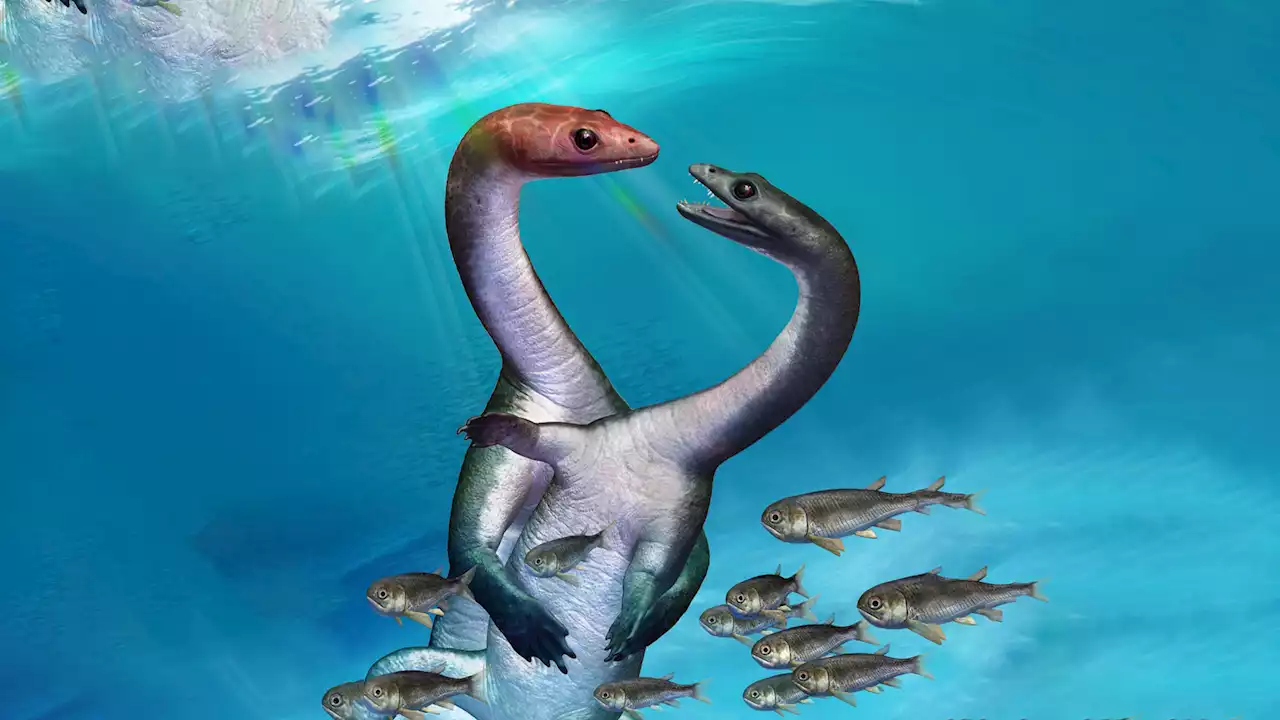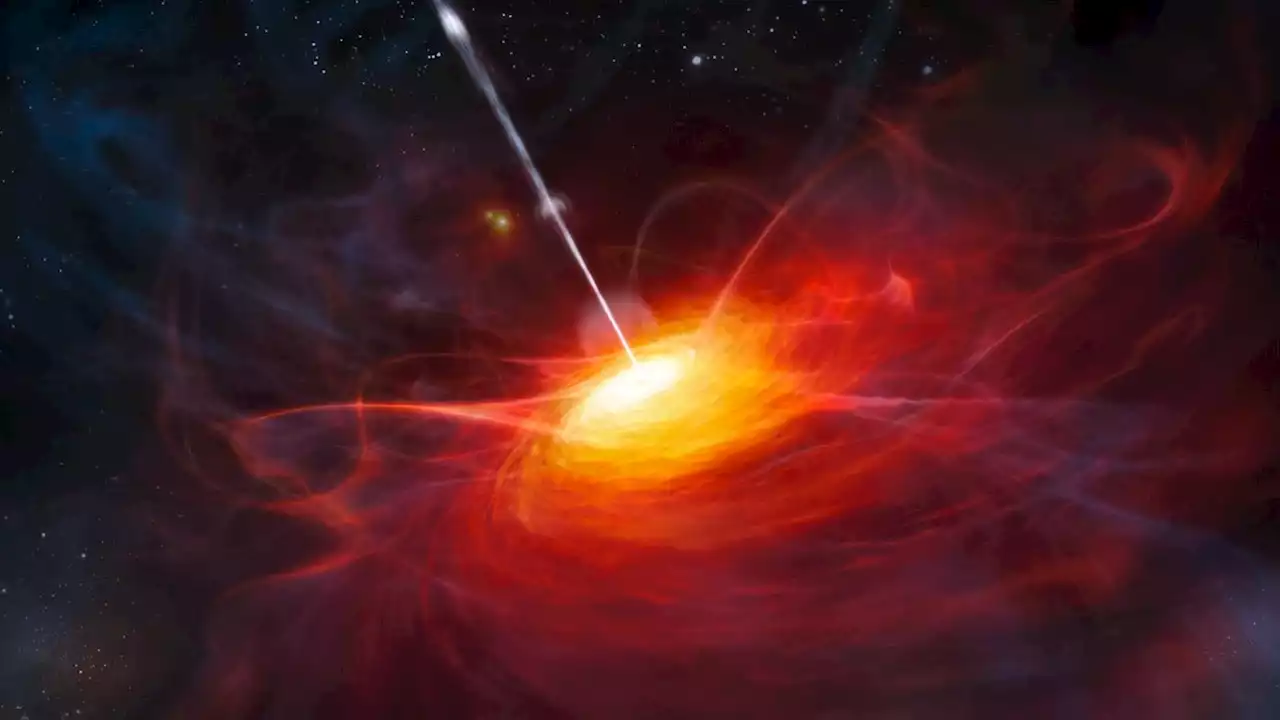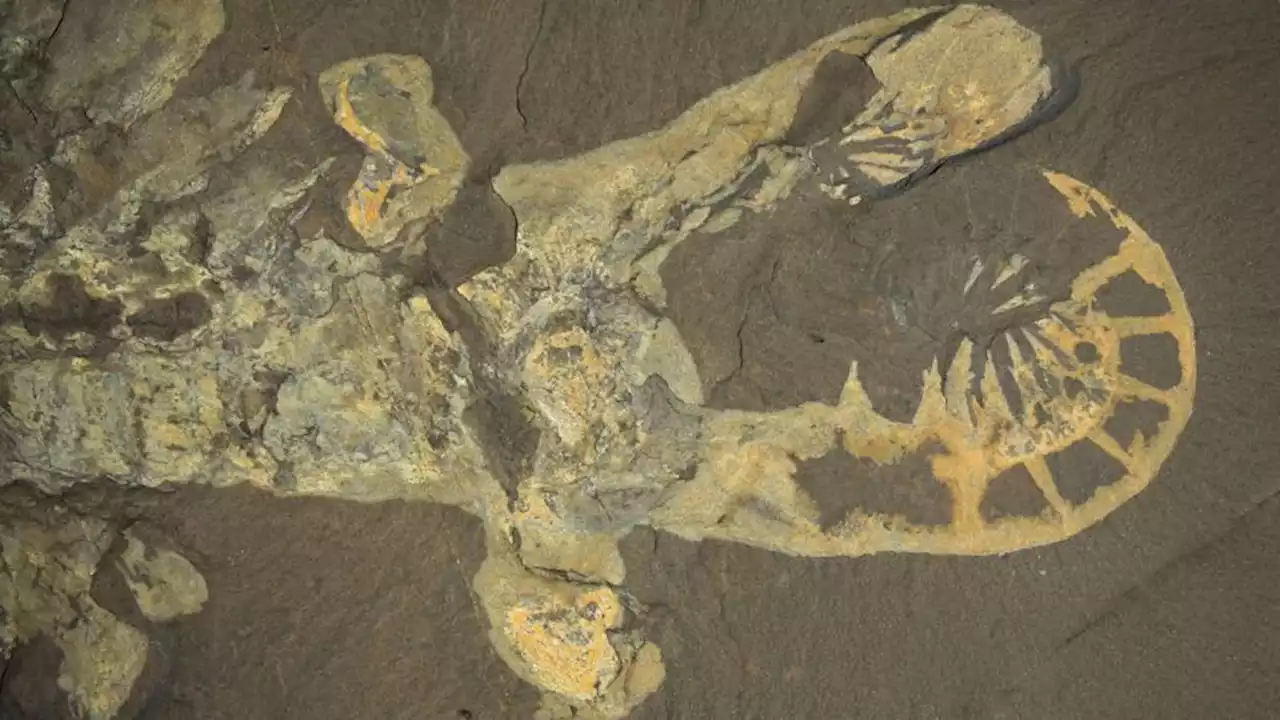An ancient shrimplike creature was thought to be the quintessential apex predator of its time, but a new study suggests it was more of a weakling than once assumed
With appendages growing out of its head and an armored mouth, an ancient shrimplike creature was thought to be the quintessential apex predator of its time. This sea creature earned its fearsome reputation because paleontologists thought it was responsible for the scarring and crushing of the fossilized skeletons of trilobites — early hard-shelled invertebrates that skittered along the seafloor before dying off in the mass extinction that gave way to the dinosaurs.
The model was based on a well-preserved but flattened fossil found in the Burgess Shale formation in the Canadian Rockies. Hunting with long appendages Earlier research had suggested that Anomalocaris’ mouth parts weren’t able to process hard food, so Bicknell and his colleagues focused on whether its long and spiny appendages would be able to chew up trilobite prey.
Canada Latest News, Canada Headlines
Similar News:You can also read news stories similar to this one that we have collected from other news sources.
 Women in prehistoric times hunted, too, study saysAn ancient burial caused researchers to reconsider women's work in ancient times.
Women in prehistoric times hunted, too, study saysAn ancient burial caused researchers to reconsider women's work in ancient times.
Read more »
 Ancient Greek altar unearthed at archaeological site in SicilyAn ancient Greek altar for family worship dating back more than 2,000 years has been found in the archaeological site of Segesta on the Italian island of Sicily, local authorities said on Friday.
Ancient Greek altar unearthed at archaeological site in SicilyAn ancient Greek altar for family worship dating back more than 2,000 years has been found in the archaeological site of Segesta on the Italian island of Sicily, local authorities said on Friday.
Read more »
 Ancient dormant virus reactivates, aggravating brain tumorsScientists have found that the virus from 6 million years ago contributes to the development of severe brain tumors.
Ancient dormant virus reactivates, aggravating brain tumorsScientists have found that the virus from 6 million years ago contributes to the development of severe brain tumors.
Read more »
 Fossils provide first evidence of puberty onset in ancient marine reptileResearchers from China, Japan, and Germany studied the fossil remains of Keichousaurus, a 240-million-year-old Triassic-period marine reptile.
Fossils provide first evidence of puberty onset in ancient marine reptileResearchers from China, Japan, and Germany studied the fossil remains of Keichousaurus, a 240-million-year-old Triassic-period marine reptile.
Read more »
 This ancient society tried to stop El Niño—with child sacrificeDesperate to make the torrential rains stop, the Chimú people of Peru offered up their most precious resource to the gods: their future. Researchers have only found out the scope of the sacrifice in recent years
This ancient society tried to stop El Niño—with child sacrificeDesperate to make the torrential rains stop, the Chimú people of Peru offered up their most precious resource to the gods: their future. Researchers have only found out the scope of the sacrifice in recent years
Read more »
 Quasar 'clocks' show time running five times slower in ancient universeNew observations show the universe was five times slower soon after the Big Bang, proving Einstein right once again.
Quasar 'clocks' show time running five times slower in ancient universeNew observations show the universe was five times slower soon after the Big Bang, proving Einstein right once again.
Read more »
